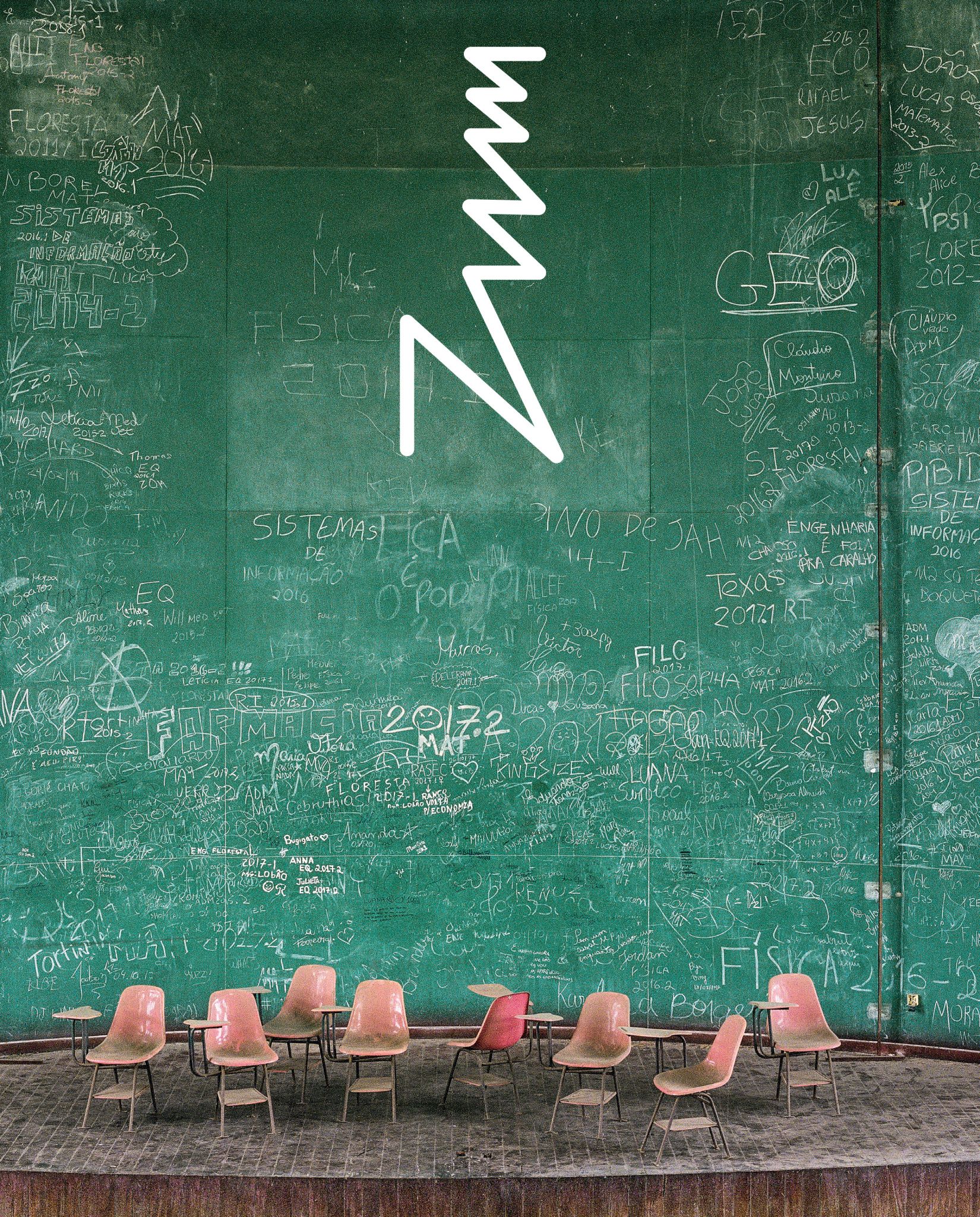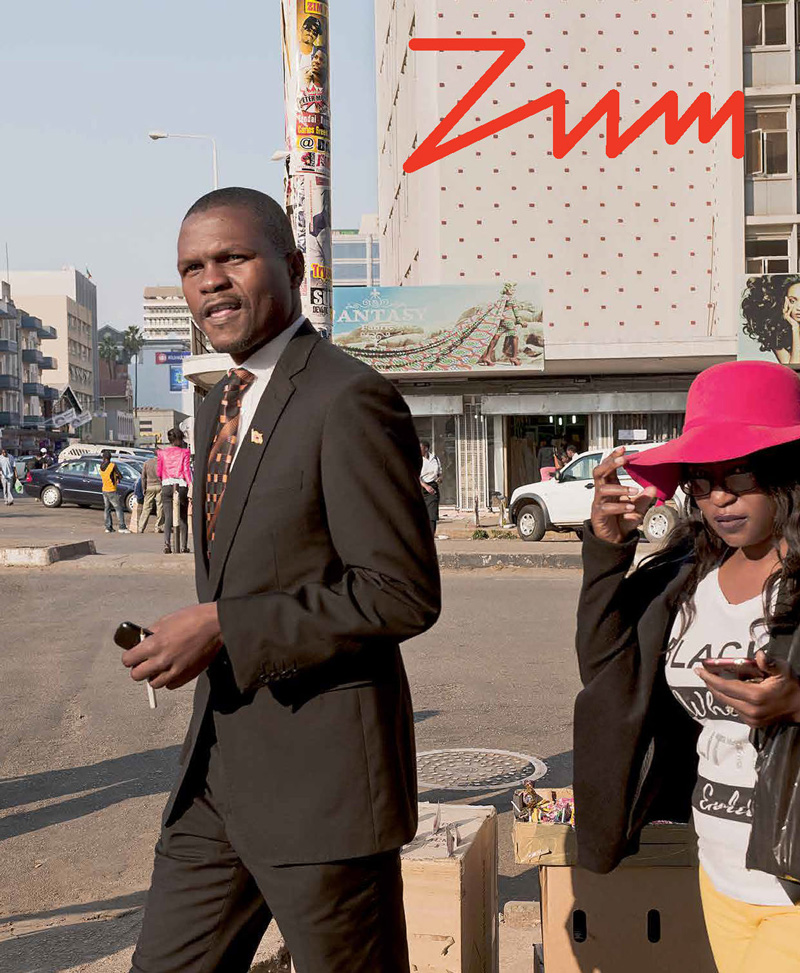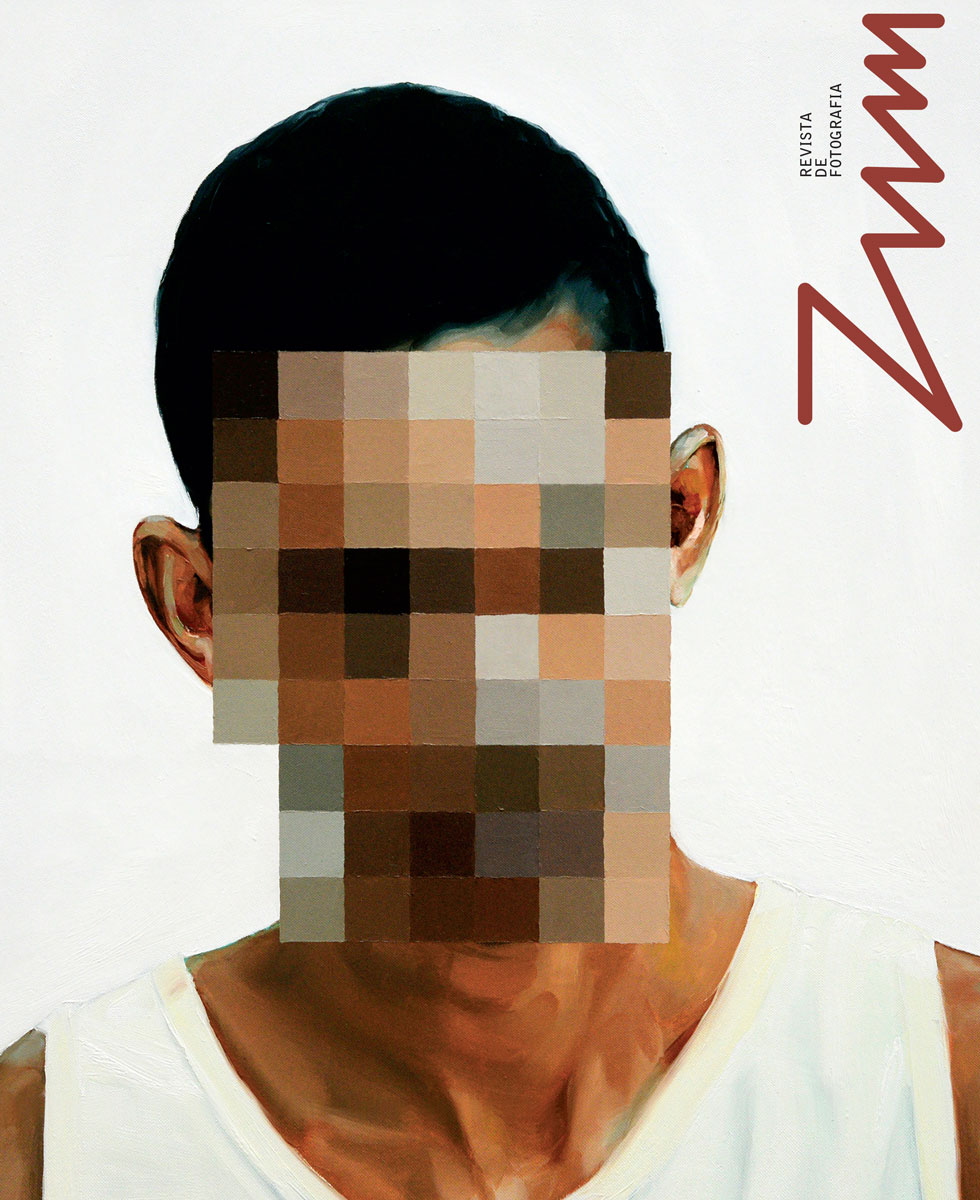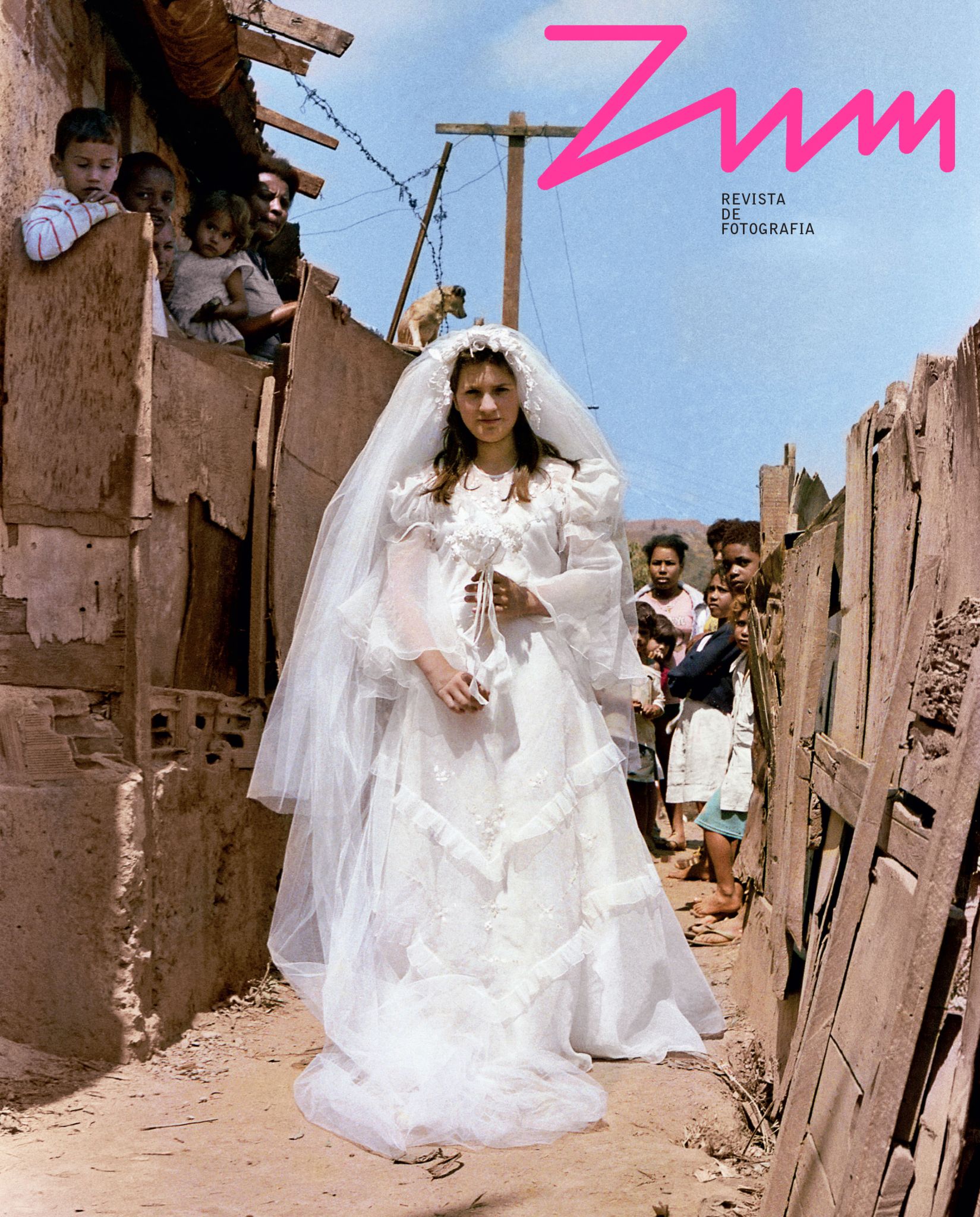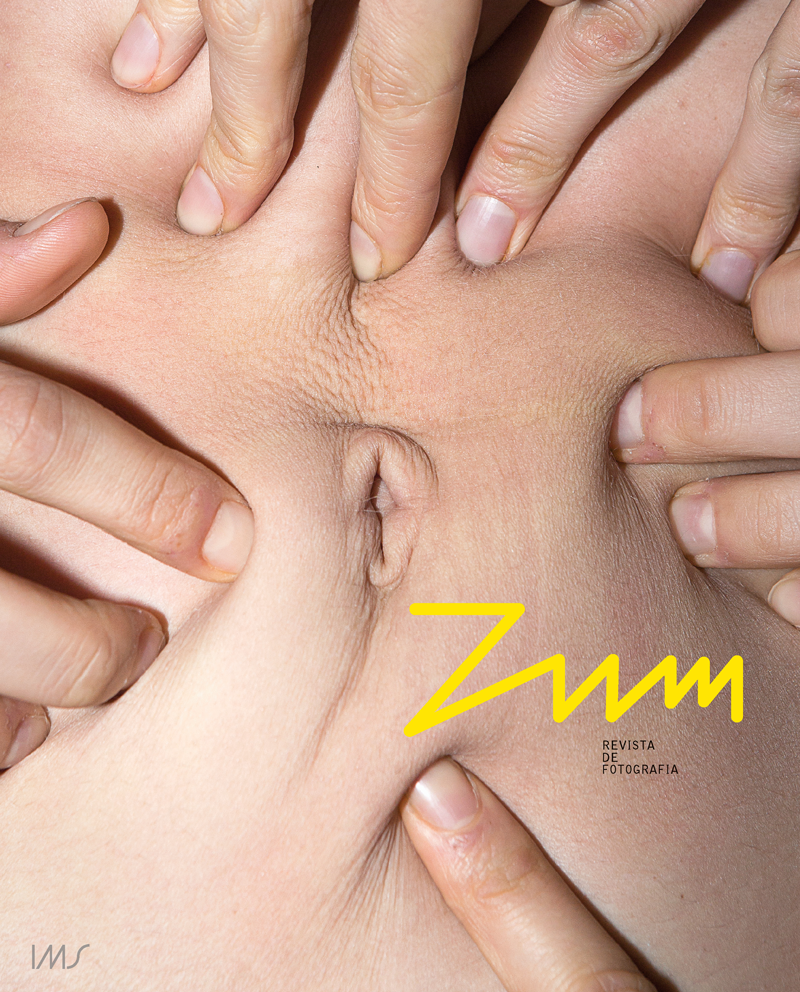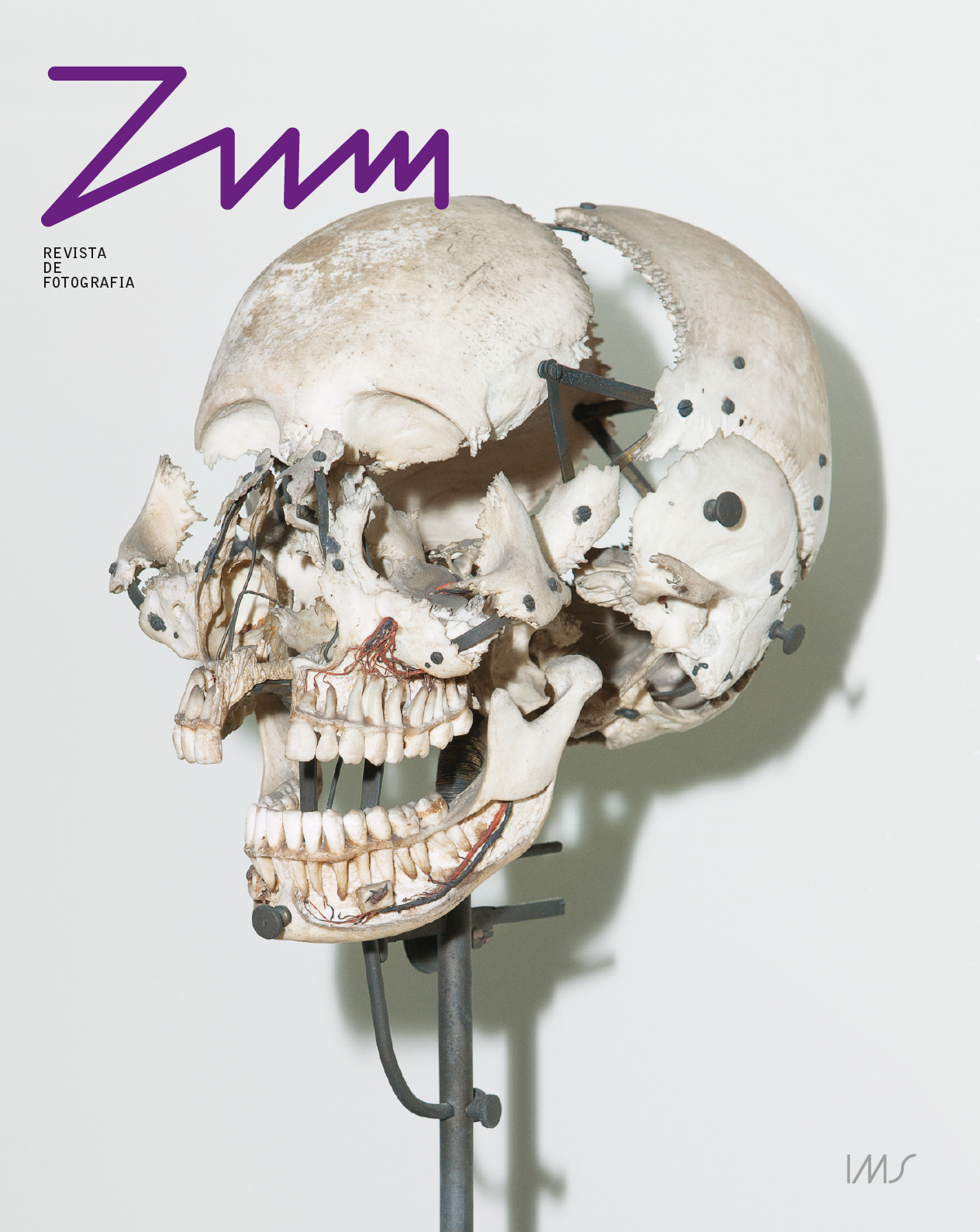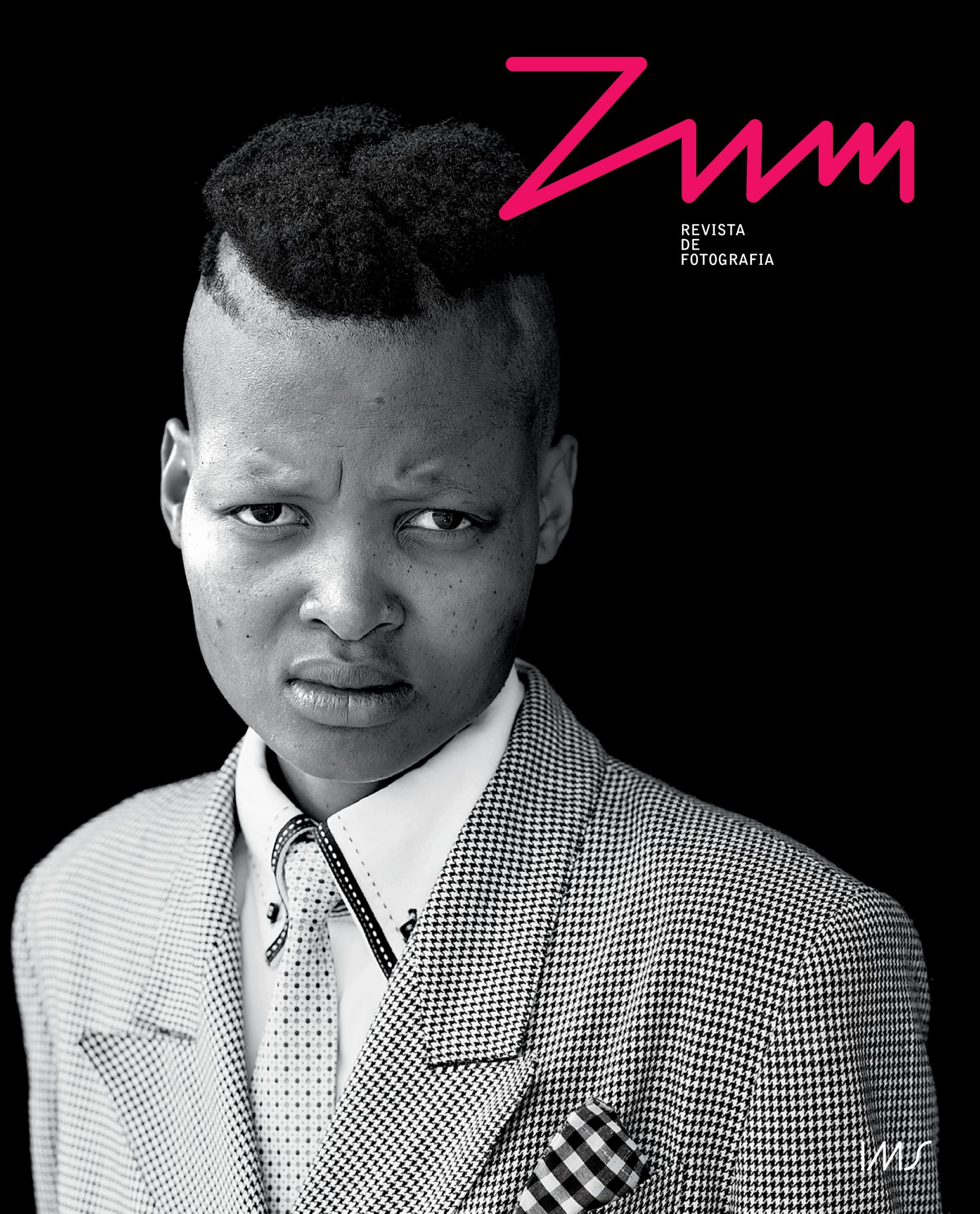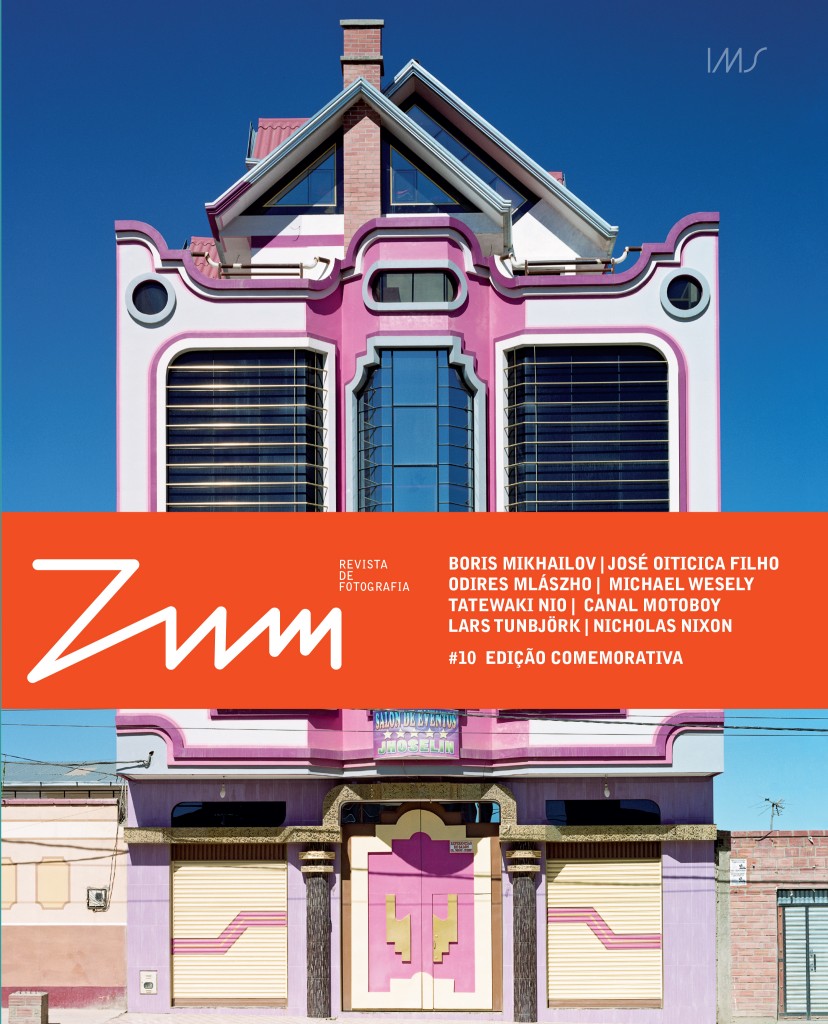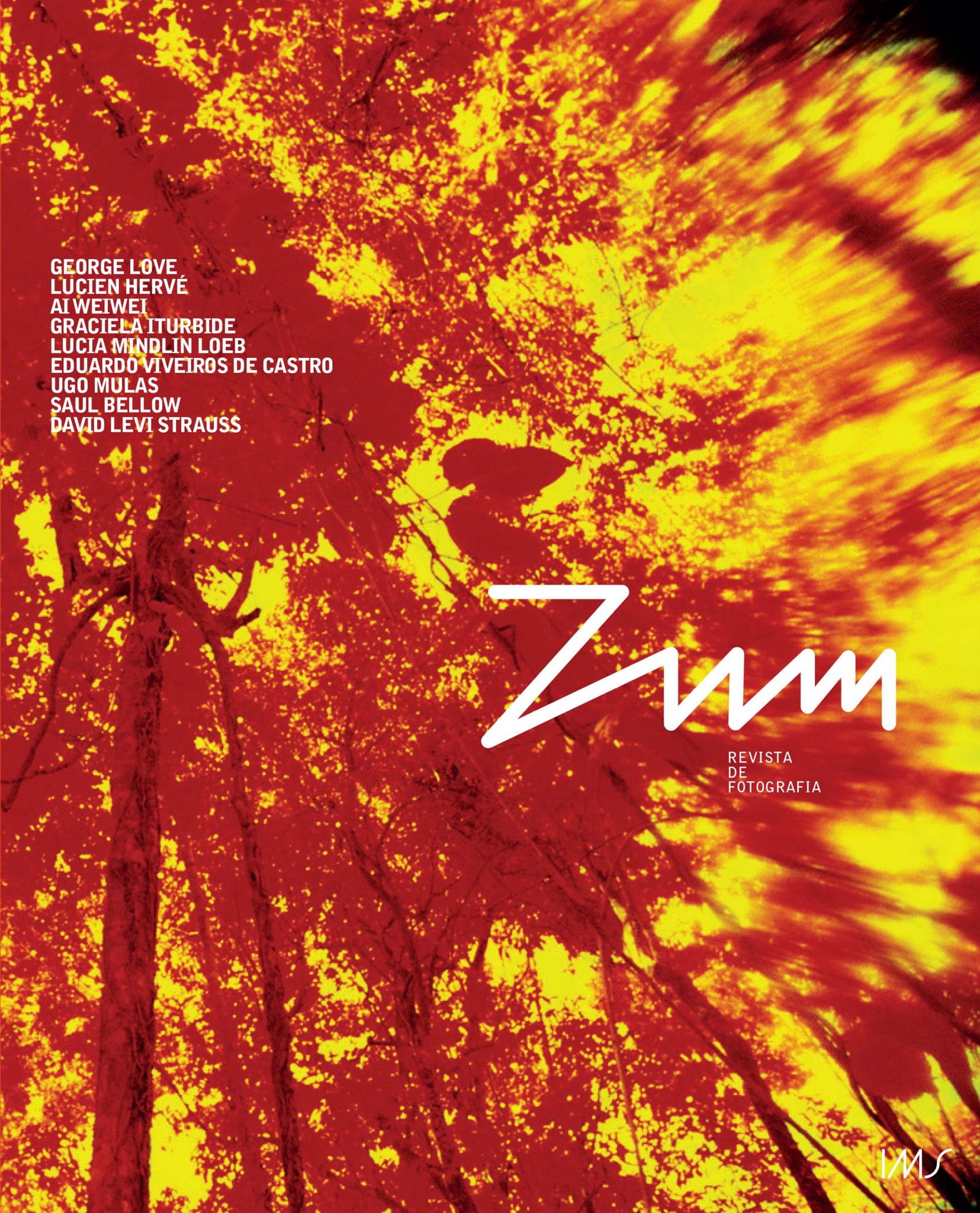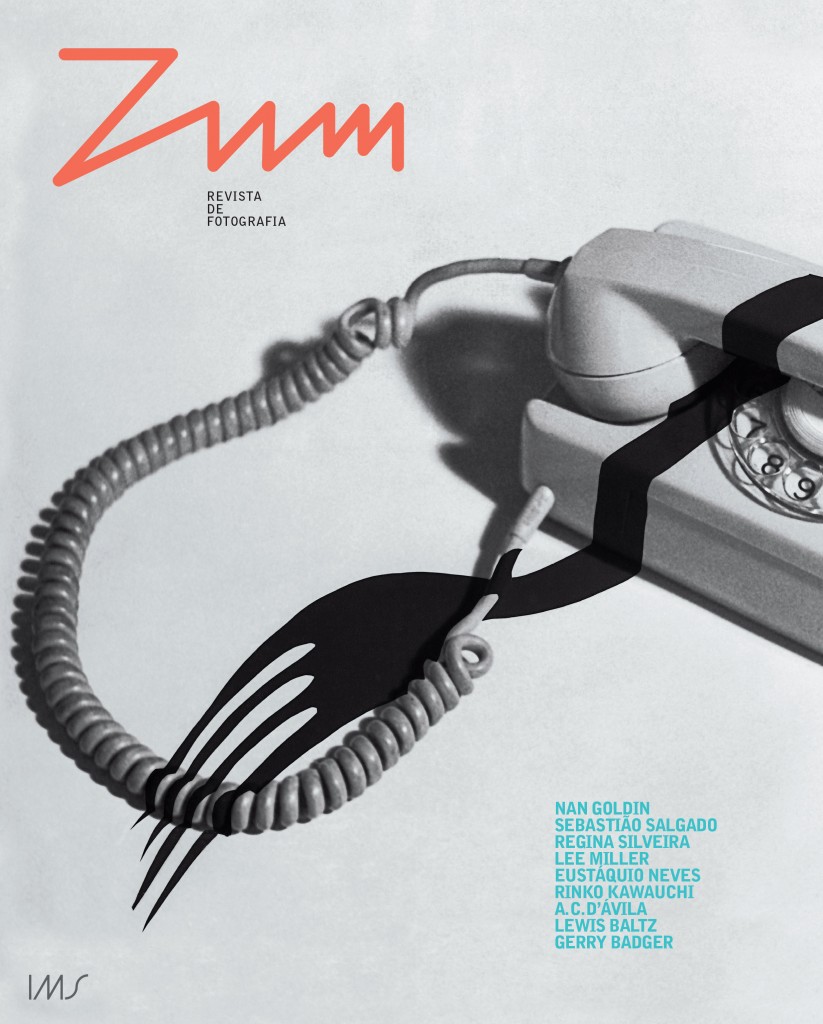|
# 17 october 2019 |
Black soul, Don McCullin & Leão Serva
White night, Feng Li & Thomas Sauvin e Léo de Boisgisson
The real in pieces, Dora Maar & Amanda Maddox
Far away is now, Vincent Catala & J.P. Cuenca
Pride in torture, Mauricio Lissovsky & Ana Maria Mauad
Heavy menu, Michael Schmidt & Thomas Weski
Unlearning decisive moments, Ariella Azoulay
Opaque future, Carlos Zílio & Paula Braga
First impressions, Anna Atkins & Joshua Chuang
Eyes of blood, Marc Ferrez & Hélio Menezes
Anatomy of a passion, Eduardo Solon & Inácio Araujo
In the beginning, everything was blue, as can be seen in the cyanotypes made by Anna Atkins, whose primacy in the history of the photobook has only been recognized almost two centuries later. In his last major work, Michael Schmidt shows the pernicious consequences of capitalism in stomach-turning photos.
Photography has never been a neutral technology, recalls the writer Ariella Azoulay in dispelling the myths of imperial origins to build other histories of photography. So does the anthropologist Hélio Menezes, who identifies the participation of the slave system in the modern progress documented by Marc Ferrez in the 19th century.
From frame to frame, the cinephile Eduardo Solon amassed a collection of moments in which his affective memory is intertwined with the history of cinema. A pioneer, Dora Maar has also reinvented the world from fragments,
with her surrealist photomontages.
The historians Mauricio Lissovsky and Ana Maria Mauad recover photos which show that torture was a routine practice in Brazil during the military dictatorship. In an exclusive interview, Don McCullin reveals that he does not feel proud of his war photographs, and advises young people to register the reality of their own cities. That’s what the Chinese photographer Feng Li does, prompted by the visual Babel of contemporary China.
Here in Brazil, the failure of public policies carves the emptiness captured by Vincent Catala in the faces and landscapes of Rio de Janeiro. Progress is also an illusion in the photographic series by Carlos Zílio, current both during the dark years of the military dictatorship and in our present.
In a time of uncertainty regarding the future, to relearn how to look is fundamental to recover the capacity to imagine the new, together.


